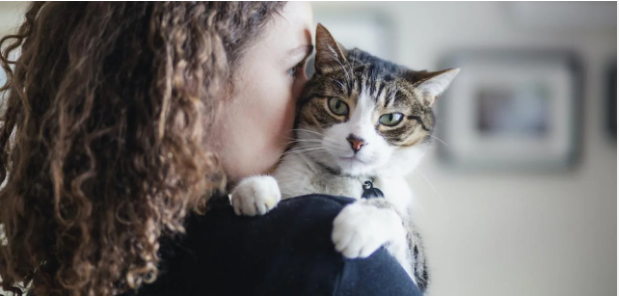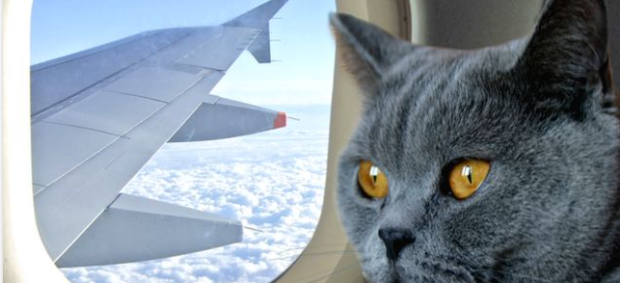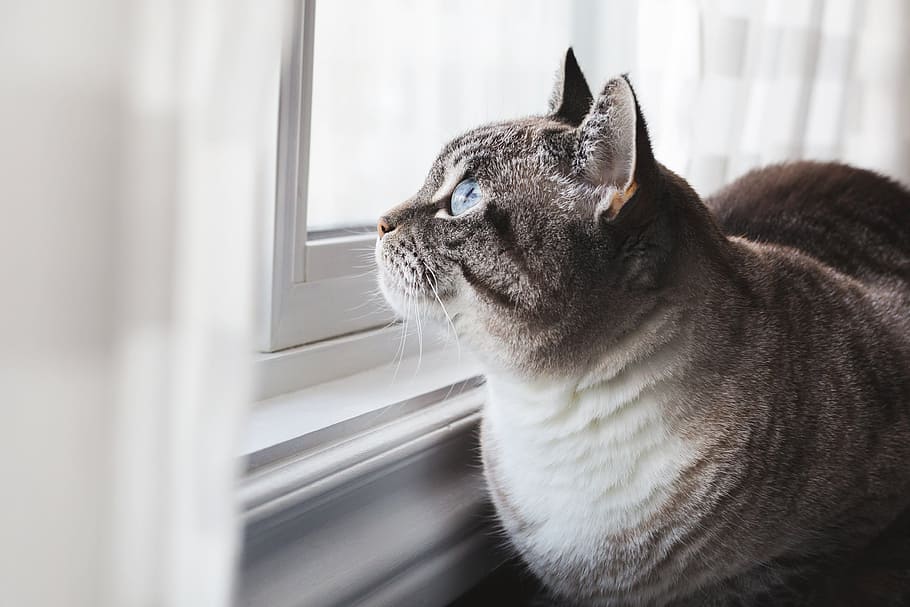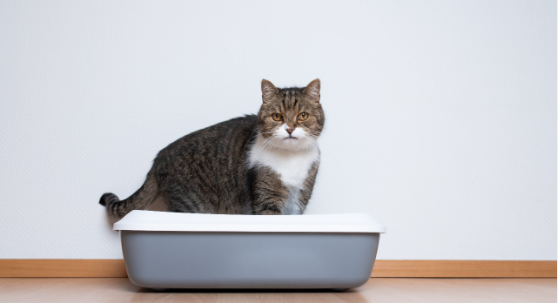Can Cats Sense Depression?
Understanding Feline Emotional Intelligence
Cats are known for their aloofness and independence, but many cat owners believe that their feline companions can pick up on their emotions, including depression. So, can cats sense depression? While there is no definitive answer, scientific research suggests that cats may be more in tune with their owners’ emotions than previously thought. In this article, we’ll explore the latest studies on feline emotional intelligence and what they tell us about cats’ ability to sense depression.
As mentioned earlier, cats are highly perceptive creatures that can pick up on subtle cues in their environment, including changes in their owners’ behavior and mood. While cats may not have the same level of emotional intelligence as humans, they are still able to detect and respond to changes in their owners’ emotional state.
Studies have found that cats are capable of recognizing and responding to a range of human emotions, including happiness, anger, and fear. For example, a study published in the journal Applied Animal Behaviour Science found that cats were able to distinguish between positive and negative emotions in their owners, and showed a preference for spending time with their owners when they were in a positive mood.
In terms of depression, cats may be able to sense changes in their owners’ behavior and mood that are associated with the condition. For example, a depressed person may spend more time lying in bed, have a decreased appetite, or exhibit a lack of interest in activities they once enjoyed. These changes in behavior may be subtle, but cats are often able to pick up on them and respond accordingly.
Anecdotal evidence from cat owners also supports the idea that cats can sense depression. Many owners report that their cats become more attentive and affectionate when they are feeling down, and may even try to comfort them by sitting on their laps or purring. However, it’s important to note that not all cats will respond to their owners’ depression in the same way, and some may not show any noticeable changes in behavior.
While there is still much we don’t know about cats’ ability to sense depression, it’s clear that these animals are more perceptive and emotionally intelligent than many people give them credit for. By observing your cat’s behavior and interactions, you may be able to gain a better understanding of their emotional state and how they are responding to changes in their environment.
How Do Cats Pick Up on Human Emotions?
When a person is feeling a particular emotion, they may exhibit subtle changes in posture, facial expressions, and vocal tone. For example, a person who is feeling sad may slouch, frown, or speak in a quieter voice. These changes in behavior may be imperceptible to humans, but cats are often able to detect them.
Cats are also highly attuned to human vocalizations. They are able to recognize and respond to specific emotional cues in their owners’ voices. For example, a cat may meow in response to their owner’s sad or angry tone of voice. Research has found that cats are able to distinguish between their owners’ calling voices and a stranger’s calling voice, and respond differently depending on the familiar voice.
In addition to body language and vocalizations, cats also use their sense of smell to pick up on human emotions. When a person is feeling a particular emotion, they may emit pheromones that are associated with that emotion. Cats have a keen sense of smell and are able to detect these pheromones, which can help them interpret their owners’ emotional state.
Overall, cats are highly perceptive creatures that are able to pick up on a wide range of human emotions. By observing your cat’s behavior and interactions, you may be able to gain a better understanding of their emotional state and how they are responding to changes in their environment.
The Science of Feline Emotional Intelligence
Despite popular belief that cats are aloof and uncaring, scientific research suggests that feline emotional intelligence is a complex and nuanced topic. A study published in the journal Animal Behaviour found that cats were able to distinguish between different emotional states in their fellow cats, and responded accordingly. This suggests that cats have a sophisticated emotional intelligence that allows them to pick up on subtle cues in their environment.
Another study published in the journal Current Biology found that cats have a similar neural structure to dogs and humans in the areas of the brain associated with emotions. This suggests that cats may be capable of experiencing a wide range of emotions, including empathy and social attachment.
Research has also found that cats have complex social structures and are capable of forming strong bonds with both humans and other cats. A study published in the journal PLoS ONE found that cats form secure attachments to their owners similar to those seen in human infants and dogs. This suggests that cats may have a deeper emotional connection to their owners than previously thought.
Overall, the science of feline emotional intelligence is a rapidly growing field, with new studies shedding light on the complex and nuanced emotional lives of these animals. By understanding the science behind feline emotional intelligence, we may be able to better understand our cats and provide them with the care and attention they need to thrive.

Frequently Asked Questions (FAQ)
Can cats sense anxiety?
Yes, cats can sense anxiety in their owners and may react in a variety of ways, including becoming more clingy or hiding away.
Can cats sense other emotions besides depression?
Yes, cats are capable of sensing a wide range of emotions in their owners, including happiness, anger, and fear.
How can you tell if your cat is picking up on your emotions?
If your cat starts exhibiting unusual behavior, such as becoming more affectionate or avoiding you, it may be a sign that they are picking up on your emotions.
Is it possible for cats to become depressed themselves?
Yes, cats can experience depression and may exhibit symptoms such as lethargy, loss of appetite, and withdrawal.
Conclusion
In conclusion, while there is still much we don’t know about cats’ ability to sense depression, scientific research suggests that they are more perceptive and emotionally intelligent than many people give them credit for. By observing your cat’s behaviour and interactions, you may be able to gain a better understanding of their emotional state and how they are responding to changes in their environment. If you are experiencing depression or other mental health issues, it’s important to seek professional help and support from loved ones. Your furry feline friend may not be able to cure your depression, but they may be able to offer comfort and companionship when you need it most.
Additional Resources
If you’re interested in learning more about feline emotional intelligence and behavior, check out these resources:
- The Domestic Cat: The Biology of its Behaviour by Dennis C. Turner and Patrick Bateson
- Think Like a Cat: How to Raise a Well-Adjusted Cat–Not a Sour Puss by Pam Johnson-Bennett
- The International Cat Association (TICA) website
- The American Association of Feline Practitioners (AAFP) website





Leave a Reply